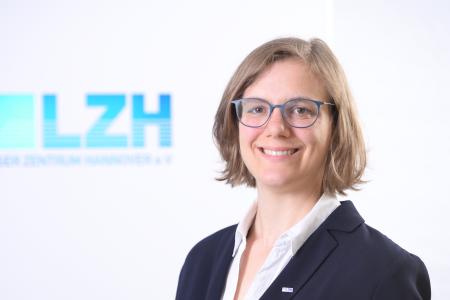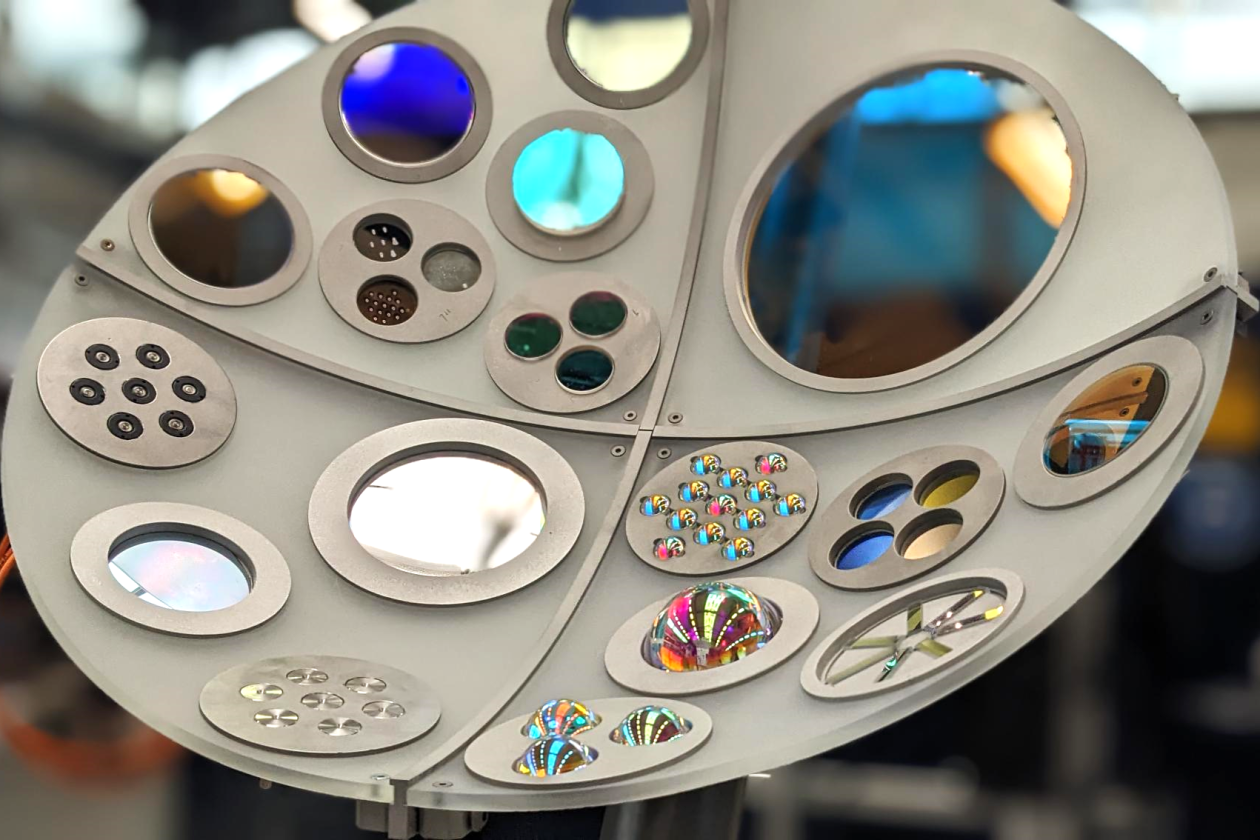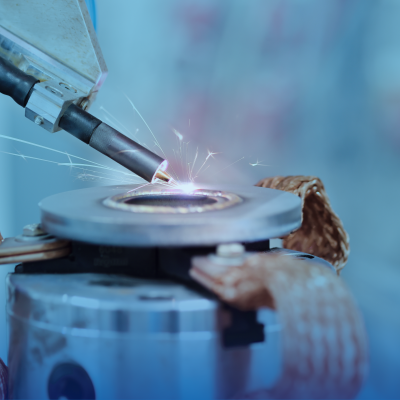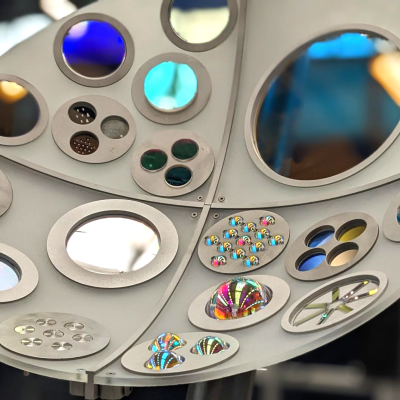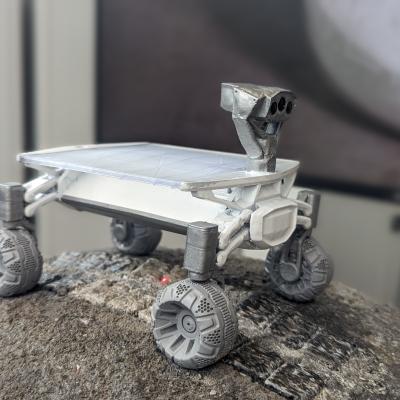Light for Innovation: The LZH at LASER World of PHOTONICS 2023
Optical components for innovative applications, the latest developments in laser material processing, and customized system technology for industry: at the world's leading photonics trade fair in Munich, the LZH will present current developments from photonic research. The spectrum ranges from solutions for classical laser material processing of metals, plastics, and composite materials to additive manufacturing with glass or lunar dust. Another trade fair highlight are the new possibilities in coating processes for the future of optics manufacturing.
Unique lasers and laser components from the LZH
At the fair, LZH will present highly specialized laser systems. Our individual, non-commercially available lasers can be assembled according to the modular principle, thus tailored efficiently and precisely to customer requirements.
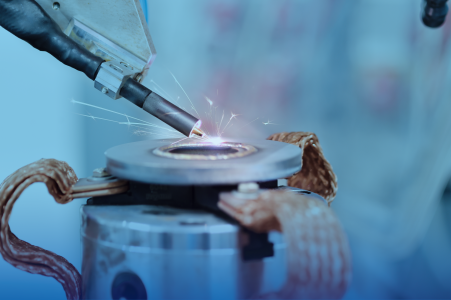
LZH also keeps an eye on the requirements of customers and partners for individual laser components and develops customer-specific, fiber-optic components such as signal-pump-combiners or cladding-light-strippers from simulation to production, whereby highly innovative approaches for components based on special fibers, in particular, can be mapped.
For all cases: complete solutions for the industry
With customized laser processing heads, LZH brings innovative applications into production. For example, with the Multispot head: the modularly controllable laser spot for temperature-field-adapted welding can join plastic to plastic, but also plastic to metal, over large areas. The coaxial multi-diode processing head Dicolas for laser deposition welding enables components to be processed independently of direction and complex structures as well as high-strength and corrosion-resistant surfaces to be produced for heavily loaded components.
The latest generation IBK laser internal processing head developed at LZH is used in the automotive industry. The IBK can roughen the inner cylinder surfaces of aluminum engine blocks, thus preparing them for the necessary wear-resistant coating and making engine production much more efficient.
From agriculture to space: applications for every challenge
From the food industry to the life sciences to space research: the solutions developed at the LZH are used in a wide variety of fields. Be it in laser-based weed and pest control or in endoprosthetics, where lasers can be used to segment bone cement inside the bone during hip operations, making it easier to remove.
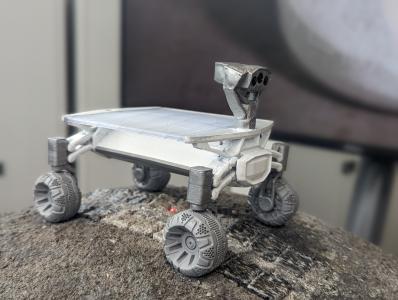
The LZH is also demonstrating how additive manufacturing with materials such as glass or magnesium can be used to produce customized products. The institute will also present a particularly challenging project in the field of 3D printing: For additive manufacturing with lunar dust directly on the Earth's satellite, the LZH is developing a laser as well as the associated customized processes. The goal is to demonstrate that laser melting works on the Moon - and can be used in the future to produce locally manufactured infrastructure such as roads or buildings.
Laser Zentrum Hannover e.V. (LZH)
As an independent, non-profit research institute, the Laser Zentrum Hannover e.V. (LZH) stands for innovative research, development, and consulting. Supported by the Lower Saxony Ministry of Economics, Transport, Construction and Digitalization, the LZH is dedicated to selflessly promoting applied research in the field of photonics and laser technology. Founded in 1986, almost 200 employees are now working at the LZH.
The LZH offers solutions to current and future challenges with its smart photonics. Along the process chain, natural scientists and engineers work interdisciplinary together: from component development for specific laser systems or for quantum technologies to process developments for a wide variety of laser applications, for example for medical and agricultural technology or lightweight construction in the automotive sector. 19 successful spin-offs have emerged from the LZH to date. Thus, the LZH creates a strong transfer between fundamental science, application-oriented research, and industry - and uses light for innovation.
